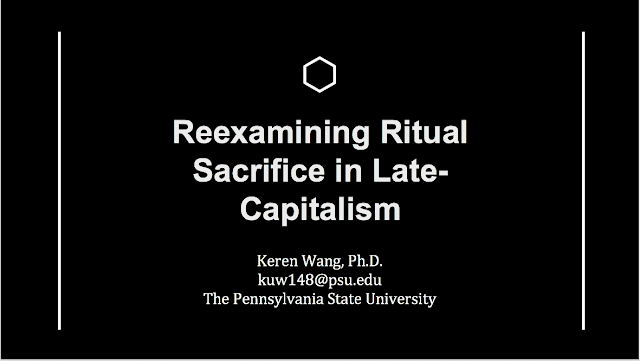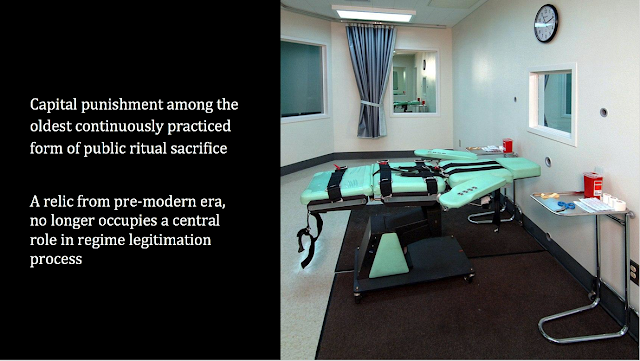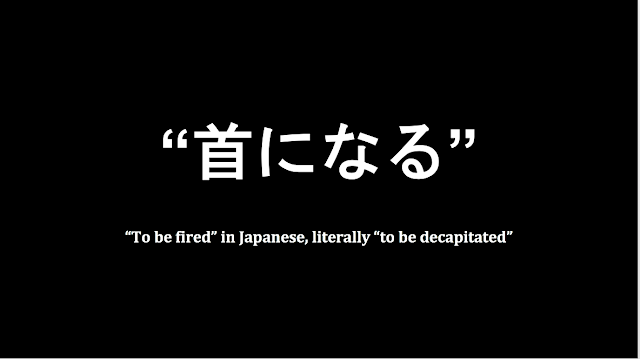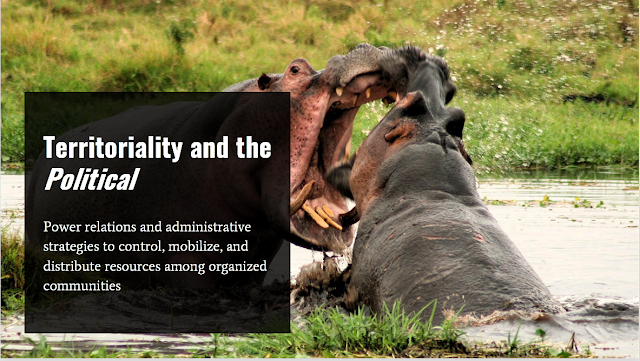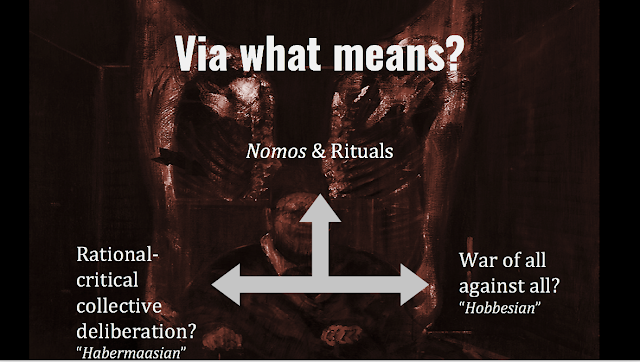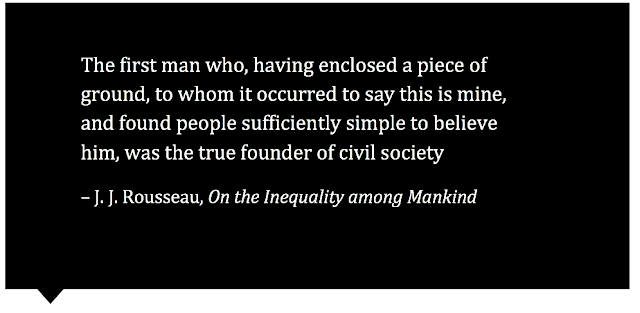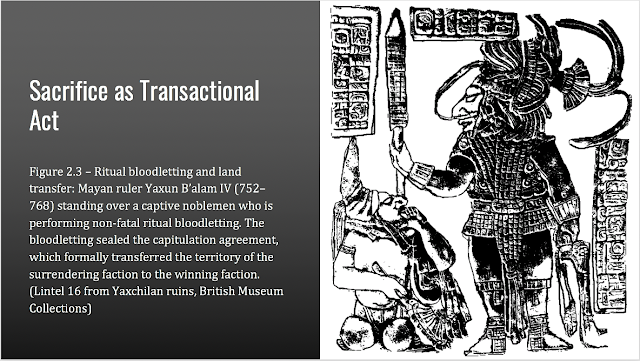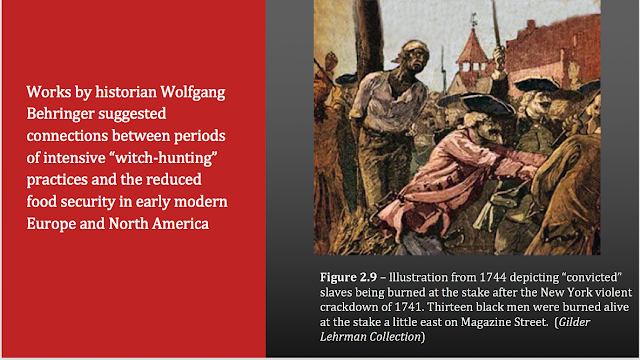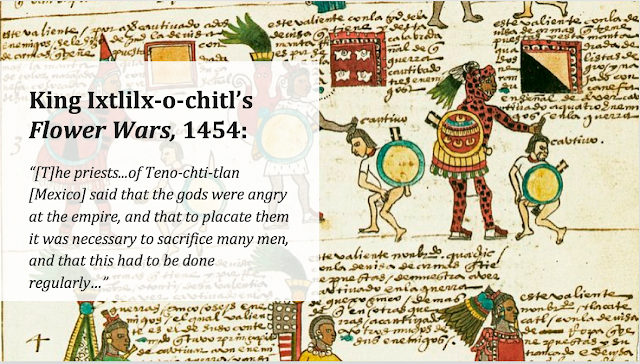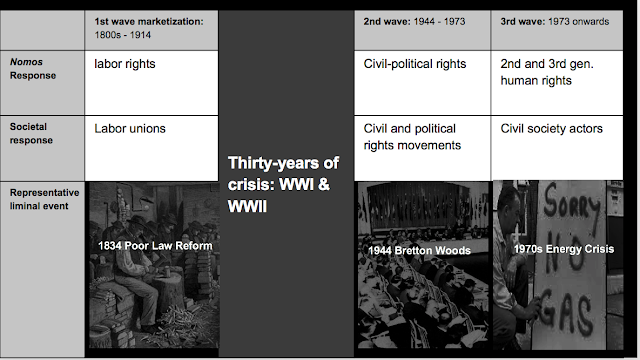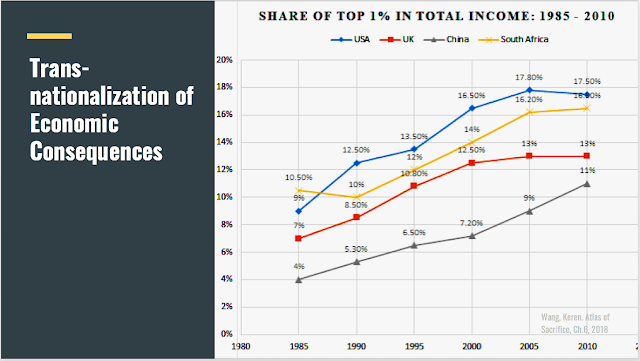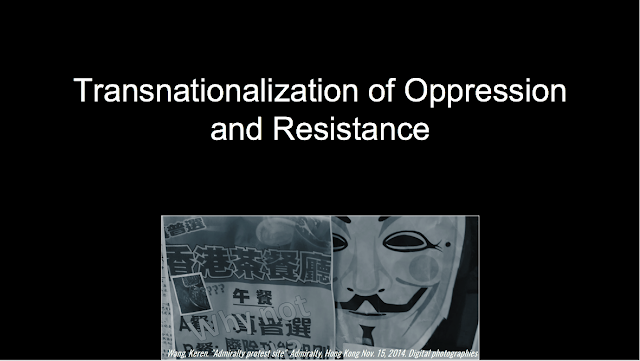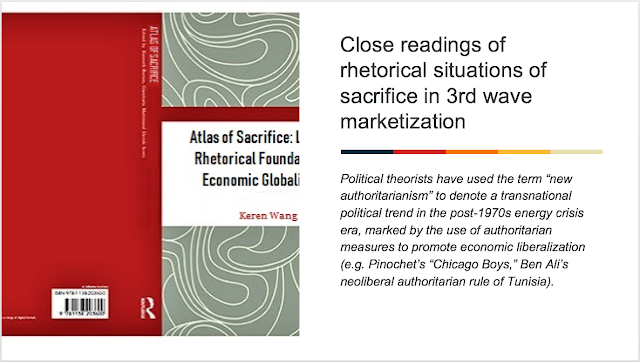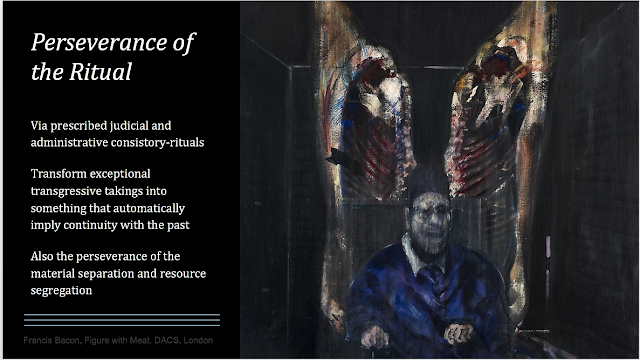“Reexamining Ritual Sacrifice in Late-Capitalism”
Presentation at the 48th Annual Conference of the Society of Australasian Social Psychologists (SASP) at the University of New South Wales, Sydney
Reexamining Ritual Sacrifice in Late-Capitalism
Keren Wang, The Pennsylvania State University
kuw148[AT]psu.edu
Abstract: This work focuses on one understudied rhetorical dynamic of late-capitalist governmentality – its deployment of ritual and sacrificial discourses. Ritual takings of things of human value, including ritual human sacrifice, has been continuously practiced for as long as human civilization itself has existed. Ample historical records suggest ritual sacrifices were performed as crisis management devices. Large scale human sacrifices in Shang dynasty China were organized as responses to severe food shortages. Ancient Greece devised the specialized sacrificial forms of total oblation and scapegoating as apotropaic responses to ward off catastrophes. The Aztec Empire introduced a highly institutionalized form of ritual warfare, known as the “Flower War,” for the purpose of calendrical population control during periods of famine. Sacrificial rituals of the past should not be considered fundamentally divorced from the governmentality of twenty-first-century. The source distribution structure of late-capitalism, too, reproduce itself via the ritual inculcation of its core values and normative practices. Specifically, this project seeks to examine the subtle ways in which rhetorics of sacrifice are re-appropriated into the workings marketization politics, and are deployed in rendering dehumanizing measures of the prevailing political-economic system that make them appear palpable and inescapable.

